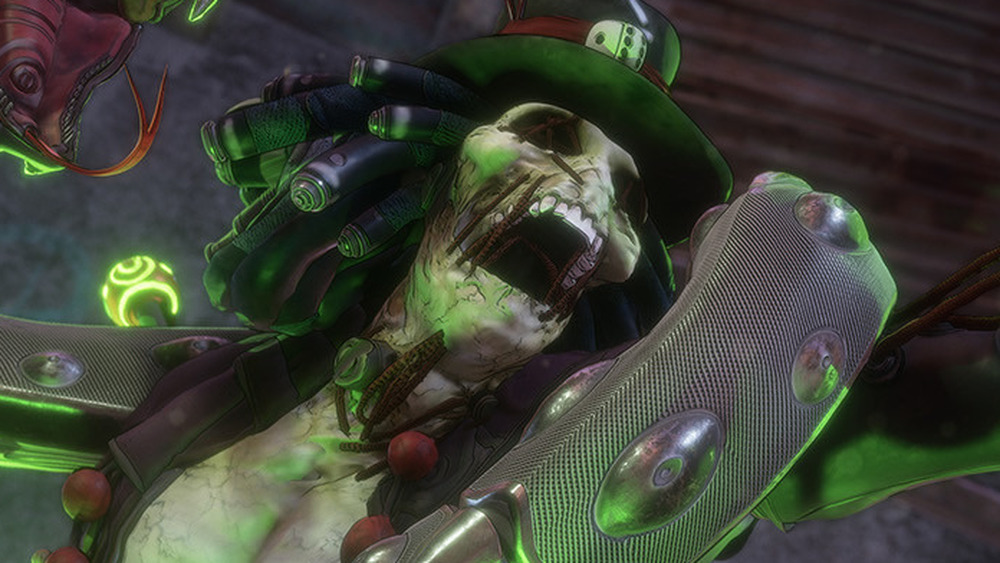

A decade before Hayden White’s paradigm-shifting Metahistory, Pynchon had demonstrated, in V. Significantly, Pynchon writes “postmodern history” in more than one sense: he writes history in the postmodern era, and he postmodernizes historiography itself. Rather, he undertakes to dramatize epistemic evolution, the subtle ways in which the conditions of knowing complicate what is ostensibly known. The author, one discovers, tracks something bigger than the paranoia he famously identifies as postmodernity’s signature pathology. Which means that readers share with Lot 49’s Oedipa Maas the experience of watching, as it were, a film “just perceptibly out of focus, that the projectionist refused to fix” (20). Any relation of the novel’s various dark doings to the airliners hijacked and flown into the World Trade Center remains obscure. Presently Windust, too, is murdered.īut as the poet nothing affirmeth, Pynchon advances no conspiracy theory. When Traipse is murdered, the trail leads to an intelligence agent, Nicholas Windust, who seems to be acting for Ice and the nameless, faceless, more powerful parties he serves. She finds, too, that one of Ice’s people, Lester Traipse, has diverted some of the funds-either to himself or to less appropriate parties in the Muslim world (possibly the northern Caucasus, i.e., Chechnya).

Maxine, following up, uncovers hashslingrz’s channeling of money to the Middle East, ostensibly on behalf of the national security apparatus. Not only has Reg blundered into what seems to be an Arab conclave in a secret lab, he has filmed furtive individuals setting up what looks like a Stinger shoulder-fired missile on a New York roof.

Reg Despard, a videographer commissioned to make a documentary on hashslingrz, an internet company run by the unsavory Gabriel Ice, uncovers irregularities that he brings to the attention of his friend Maxine Tarnow, a certified fraud examiner who has recently lost her license. Following the daily lives of a handful of New Yorkers over twelve months in 2001-2002, Pynchon weaves what appear to be portents of cataclysm into an elaborate web, which he then allows to unravel, as if to chasten his own proclivity to paranoid metanarrative. The first half of Bleeding Edge unfolds on the brink of an abyss known to the reader but not to the characters. Like them, he finds repression, death wish, “archive fever,” and the oblivion from which life emerges and to which it returns. In his probing of this digital arkhē, Pynchon escorts the reader into an abyss previously explored by Nietzsche, Freud, and Derrida. In Bleeding Edge, he presents the Deep Web as a virtual unconscious, a “dark archive” beneath the surface Web (58). Although Pynchon often satirizes psychoanalysis (the examined life in its clinical guise), he is not altogether hostile to its amplification as historical or cultural metric: in his work, as in Freud’s, a tragic calculus of repression and neurosis configures “civilization and its discontents.” Nor does he neglect the workings of the unconscious, whose “ancient fetid shafts and tunnels,” briefly evoked in The Crying of Lot 49 (129), lead to the psychic oubliette laid open and plundered in the memorable sodium pentothal episode in Gravity’s Rainbow. Like others who think rigorously about the past and its shaping of the present and future, he views history as the collective version of that examined life the old philosophers urged on their followers. Pynchon embraces the role of Socratic gadfly, fostering self-knowledge that goes beyond the personal and individual. In his representation of this recent history, he critiques the Internet and the economic order it serves, but he also engages in a shadow polemic on the responsibilities of the artist to capture truth, whether in historiography or the individual heart. In his 2013 novel Bleeding Edge, Pynchon observes and perpends the 9/11 climacteric, which he links to certain salient features of an American bi-millennial moment that continues to unfold. Scott Fitzgerald, Pynchon understands the American schizophrenia: radical idealism and rampant materialism at war within one psychic geography.

To paraphrase Wilfred Owen, Thomas Pynchon’s subject is America and the pity of America, a nation doomed perennially to struggle with its own Manichaean personality. will be enough to disrupt the tranquil landscape of all historical knowledge, of all historiography.”


 0 kommentar(er)
0 kommentar(er)
